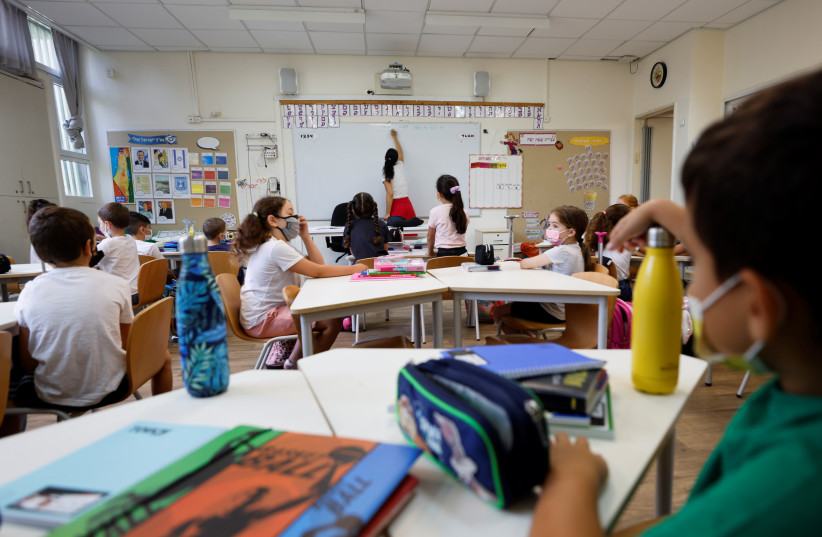About 40% of people who tested positive for coronavirus on Sunday were from the Arab population, according to data released Monday by the Health Ministry. At the same time, about 40% of the total new cases were children under the age of 11.
The two data points likely go hand-in-hand, since, unlike Jewish children who started school on September 1 but have largely been at home for the Jewish holidays, Arab children have continued learning straight through.
“There is an increase we are seeing in recent days,” said Ayman Saif, head of the Arab desk for the Health Ministry in an interview with Ynet. “Our education system is completely open and the students are studying normally this month, and most of the morbidity is in the schools.”
He said that “quite a few classrooms” are closed and children are in isolation, which has led to an increase in testing, and logically more hidden or asymptomatic cases of coronavirus have been found.
In general, the Health Ministry reported 6,456 new cases were diagnosed on Sunday, with only around 5% of the 126,000 people screened testing positive. This is one of the lowest positivity rates since mid-August.
There were 714 people classified as being in serious condition, including 194 who were ventilated. The number of serious cases has largely remained stable at around 700.

The majority of hospitalized and serious cases tend to be older and/or unvaccinated people. Nearly 70% of serious cases were unvaccinated, according to the ministry’s latest data. At the same time, 80% of those hospitalized in serious condition in the last month were over the age of 50.
